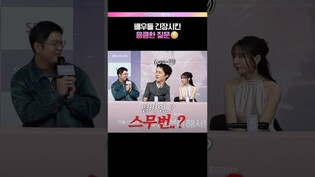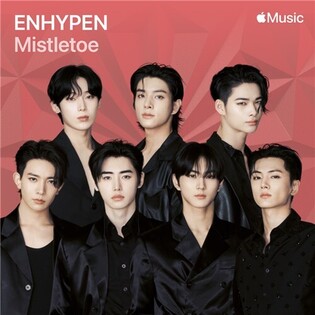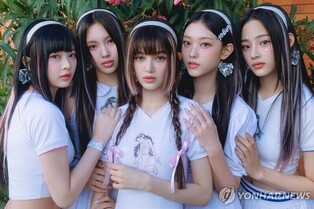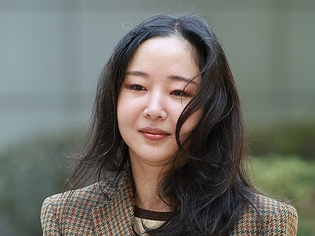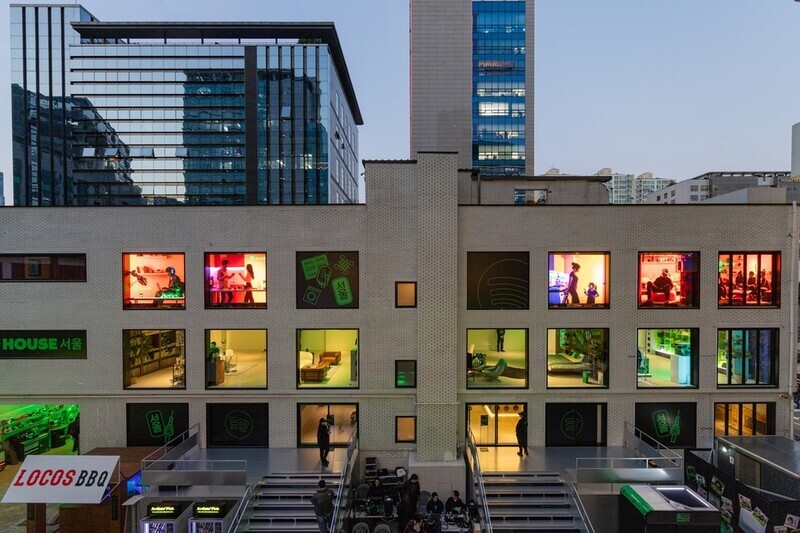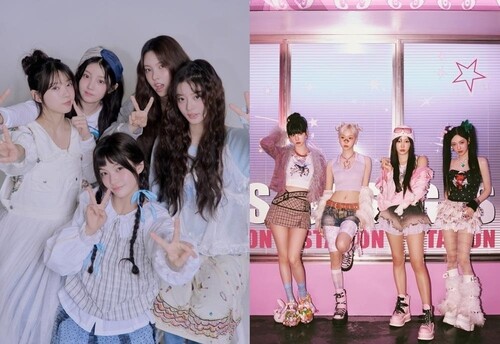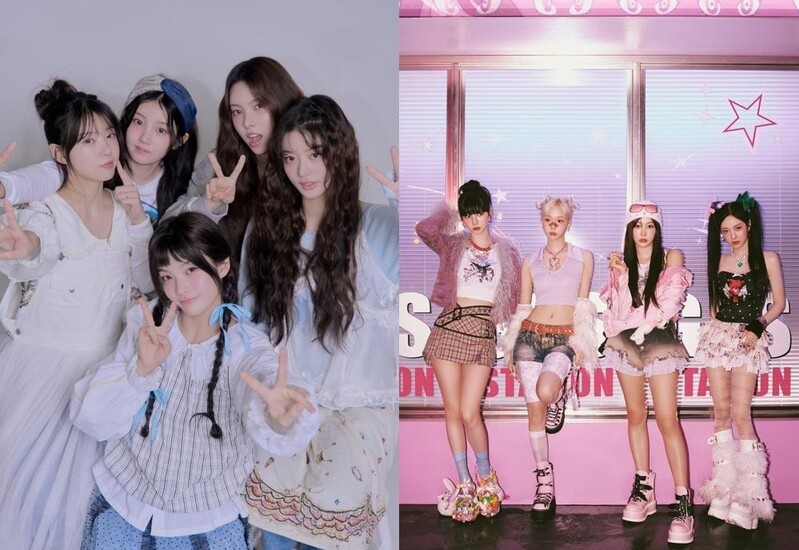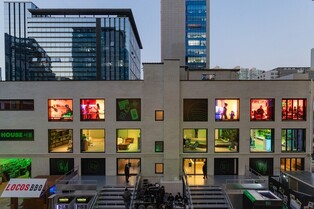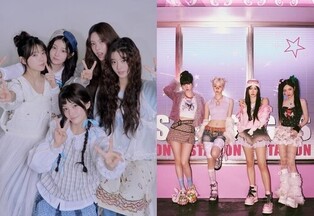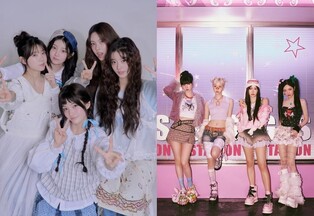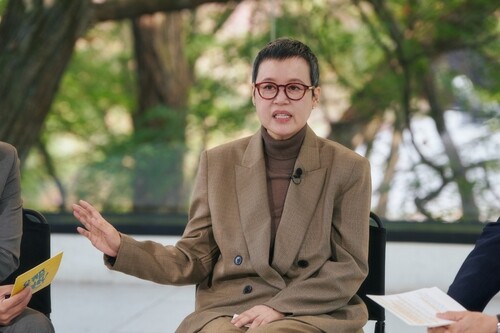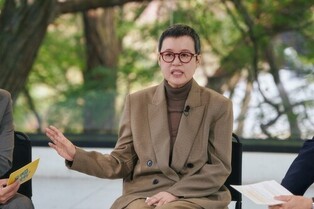dailies-editorials (2)
(EDITORIAL from Korea Times on Oct. 6)
Perpetuating division
Should Koreas remain puppets to each other for good?
Athletic competitions between South and North Korea reveal their relationship at a specific moment in time.
Nothing demonstrates this better than the ongoing Asian Games in China.
After matches, many North Korean athletes would not even exchange nods with their southern counterparts. Some even refused to shake hands. A North Korean coach told South Korean journalists not to call his country North Korea or the northern side. He urged them to use the North's official name: the Democratic People's Republic of Korea (DPRK).
However, while announcing the results of an inter-Korean soccer match, the North's state-run Korean Central Television described the South as a puppet instead of the Republic of Korea (ROK) or even South Korea. In the 1960s and '70s, South Koreans called North Korea the northern puppet.
It was a far cry from the Asian Games in Indonesia in 2018 when the two Koreas fielded unified teams in certain events, including table tennis. It appears that the inter-Korean relationship has regressed several decades in just five years.
Granted, the situation on this divided peninsula has fluctuated, as political power changed hands in Seoul ― and, more importantly, in Washington. Pyongyang has seldom changed since its foundation, be it the hereditary regime's anti-imperialist slogans or its nuclear weapons program more recently. That means South Korea and the U.S. can take the lead in changing the status quo if they want. The allies must also be more consistent.
The question is which way should the consistency go. Many, both here and across the Pacific, ostensibly agree on the need for the peaceful reunification of Korea. However, a closer look into the two contrasting camps ― progressives and conservatives or doves and hawks ― reveals such a wide gap in their strategies as to cast doubt regarding their professed goals. The two extremes, of the far left and far right, are not helpful at all. Only when cold-headed centrists take the helm can the Korean Peninsula find a solution.
President Yoon Suk Yeol and his administration cause concern in this regard.
While South Koreans recently enjoyed a six-day "Chuseok" or Thanksgiving holiday, Yoon was busy. Seoul and Pyongyang also exchanged harsh words.
On Sunday, during Armed Forces Day and the 70th birthday of the Korea-U.S. alliance, the president said, "If North Korea uses nuclear weapons, the two allies will end the regime by responding to it overwhelmingly." On Veterans' Day, Wednesday, Yoon attacked the previous Moon Jae-in government's "fake peace," reemphasizing his "peace by force" strategy. Even on the Day for the Elderly, Tuesday, the president said the ROK is what it is today thanks to older Koreans' "fight against communists."
North Korea did not just sit and watch. After Yoon delivered a speech at the U.N. General Assembly, the North ridiculed it as the "hysterical folly of a political novice and diplomatic dunce." Pyongyang also stipulated the policy of strengthening its nuclear force in the constitution at the 14th Supreme People's Assembly on Tuesday and Wednesday. In response, the U.S. Defense Department said North Korea can use nuclear weapons at any stage of a military confrontation. South Koreans might be feeling some hawks are making the North's nuclear provocation a fait accompli.
As things stand now, Koreans will unlikely hear words like dialogue or negotiation, at least while Yoon is in office ― or unless Donald Trump returns to office. Nor will North Korean leader Kim Jong-un move first until Beijing or Moscow push him, an unlikely development for now.
Korea's reunification, if possible, will be a long process. Lee Myung-bak, a conservative former president and the incumbent's benchmarking model, was wrong when he said, "Unification will come like a thief." The North will not crumble easily. Nor will China and Russia let it implode. The next best thing to reunification is peaceful coexistence, not "peace by force," but instead, gradual integration.
Yoon must know progressive former presidents ― Roh Moo-hyun and Moon Jae-in ― spent amounts of GDP on defense buildups than conservatives ― Lee and Park Geun-hye. The difference between them was the efforts and lack thereof to solve Korean problems on their own.
Without such endeavors, both Koreas will remain puppets of superpowers for a very long time.
(END)
(C) Yonhap News Agency. All Rights Reserved

















